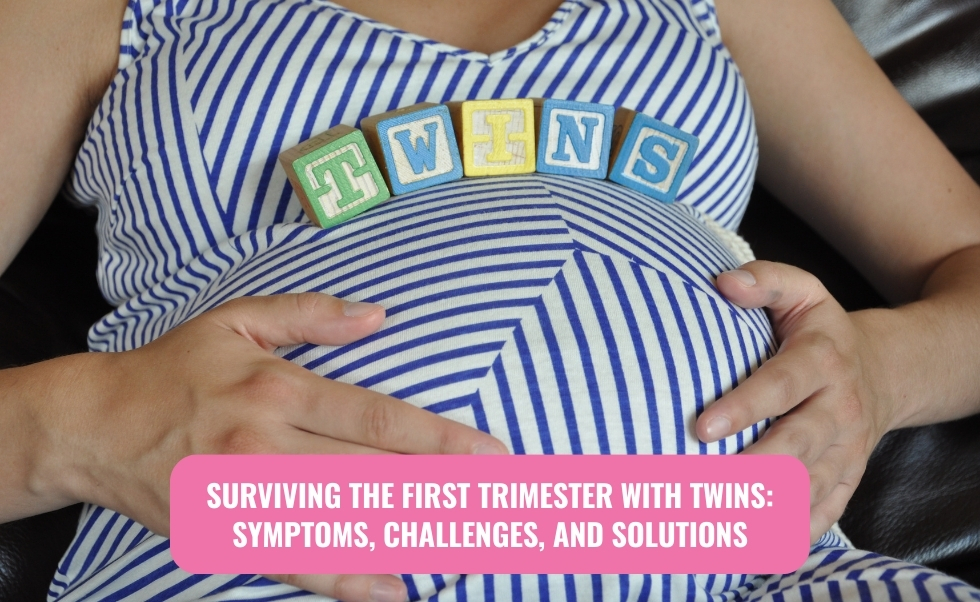As a woman with epilepsy considering pregnancy, it’s essential to be well-informed and prepared to ensure both your health and the health of your future baby. Epilepsy can present unique challenges, but with careful planning and the right medical support, many women with epilepsy have successful pregnancies and healthy babies.
Do I need to do Preconception Counseling, and what should i expect?
Before you start trying to conceive, it’s crucial to consult with both your neurologist and obstetrician. Preconception counseling allows your doctors to evaluate your health, review your current medications, and make any necessary adjustments to optimize your health for pregnancy. This step is vital for reducing risks associated with epilepsy and ensuring your treatment plan is safe for pregnancy.
With counseling, you can expect the following things:
- Medication Management
Many anti-epileptic drugs (AEDs) can affect pregnancy and the developing fetus. Your doctor might adjust your medication to find the safest option for you and your baby. Some AEDs are known to increase the risk of birth defects, so your neurologist may prescribe alternative medications that are safer during pregnancy. Never stop or change your medication without consulting your healthcare provider, as uncontrolled seizures can also pose risks to both you and your baby.
- Folic Acid Supplementation
Women with epilepsy are often advised to take a higher dose of folic acid before and during pregnancy. Folic acid helps reduce the risk of neural tube defects in the developing baby. Your doctor will recommend the appropriate dosage, usually higher than the standard prenatal vitamin.
- Advice on Seizure Control
Maintaining good seizure control is crucial during pregnancy. Work closely with your healthcare team to monitor your condition and make any necessary adjustments to your treatment plan. Regular check-ups and open communication with your neurologist will help manage your epilepsy effectively throughout your pregnancy.
Should my Lifestyle and Diet change?
Adopting a healthy lifestyle is important for all pregnant women, but even more so for those with epilepsy. Ensure you get adequate sleep, as sleep deprivation can trigger seizures. Follow a balanced diet and avoid substances that could interfere with your medication or increase the risk of seizures, such as alcohol.

- Monitoring and Support
Pregnancy with epilepsy requires careful monitoring. Your obstetrician and neurologist will work together to provide comprehensive care, including regular prenatal visits and possibly more frequent monitoring of your baby’s development. Joining a support group for women with epilepsy can also provide emotional support and practical advice.
How can I work through Delivery Planning?
Discuss your delivery plan with your healthcare team. While most women with epilepsy can have a normal vaginal delivery, some may require a cesarean section based on their health status and seizure control. Planning will help ensure a safe delivery for both you and your baby.
Pregnancy with epilepsy requires careful planning and close collaboration with your healthcare providers. By following medical advice and maintaining a healthy lifestyle, you can manage your epilepsy effectively and increase your chances of a successful pregnancy and healthy baby. Always communicate openly with your doctors and seek support when needed; a well-prepared approach can make a significant difference in your pregnancy journey.







